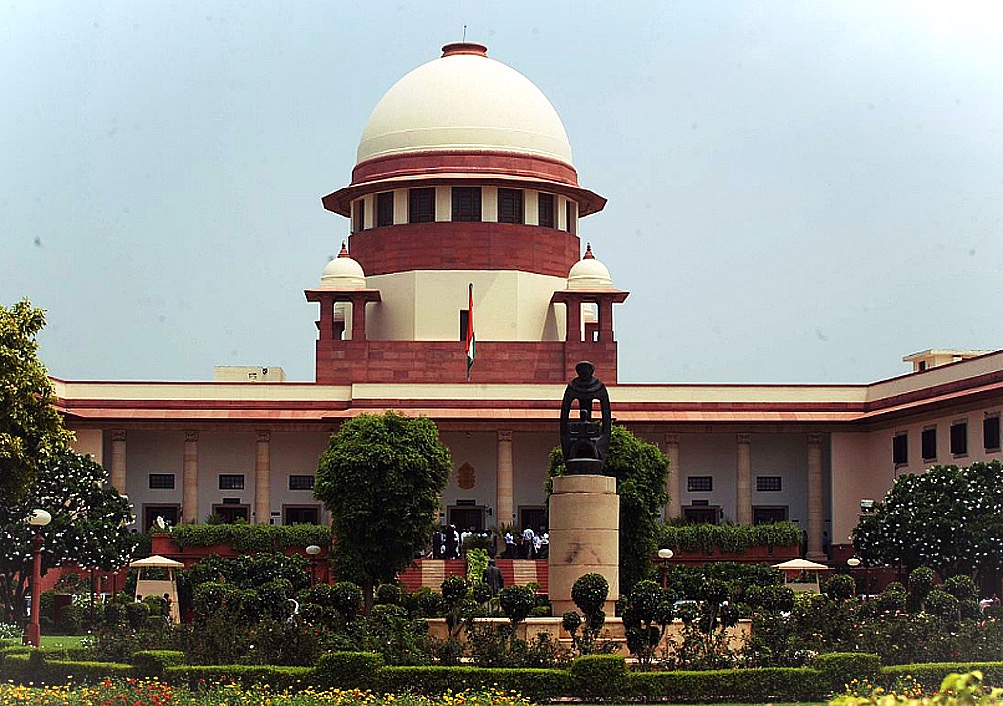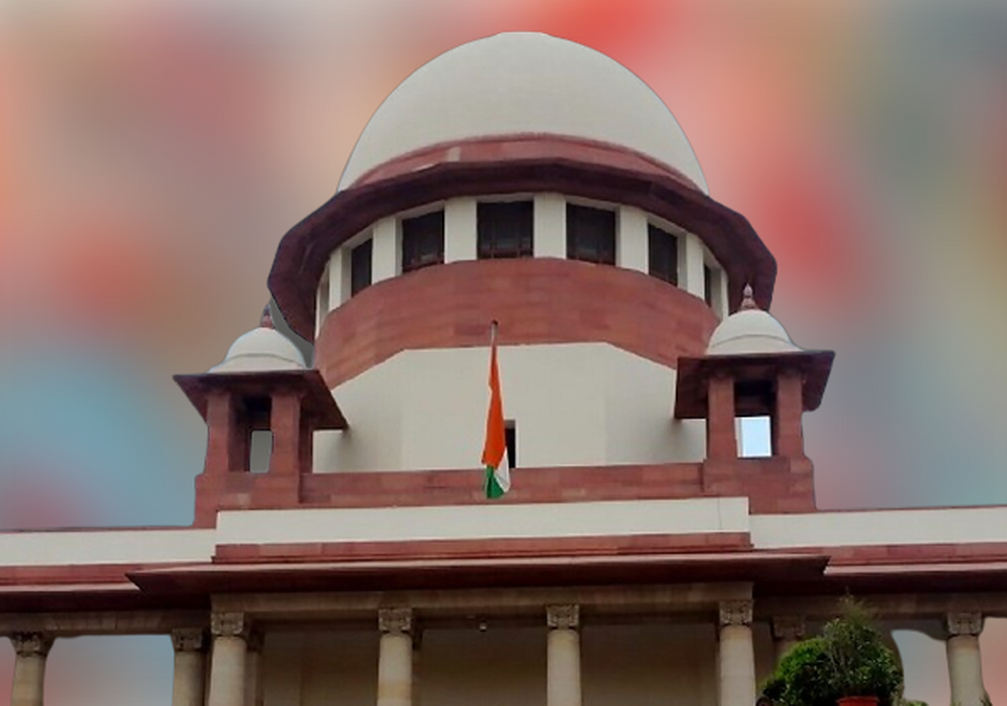Ex-promoters can’t suggest revival scheme under Companies Act: Supreme Court

By LE Desk
New Delhi, March 16: The Supreme Court on Monday held that promoter of a company undergoing liquidation under IBC cannot propose “scheme of compromise and arrangement” for revival with lenders even if there are no resolution plans submitted for the corporate debtor.
A bench led by Justice DY Chandrachud upheld the National Company Law Appellate Tribunal’s view that Section 29A of the IBC specifically disqualified former promoters from participating in the insolvency process and this disqualification also extended to a proposal for revival under Section 230 of the Companies Act, the Financial Express reported.
“…we find that the prohibition placed by the Parliament in Section 29A and Section 35(1)(f) of the IBC must also attach itself to a scheme of compromise or arrangement under Section 230 of the Act of 2013, when the company is undergoing liquidation under the auspices of the IBC. As such, Regulation 2B of the Liquidation Process Regulations, specifically the proviso to Regulation 2B(1), is also constitutionally valid,” the apex court stated while rejecting appeals filed by Arun Kumar Jagatramka, former promoter of Gujarat NRE Coke.
Jagatramka was permitted by the National Company Law Tribunal to negotiate a compromise between the company and its lenders after no bids were received for the company in the mandated 270-day period. The NCLT, in May 2018, permitted the former promoter to convene meetings between shareholders and creditors on the grounds that IBC’s larger objective was to keep the companies as going concerns.
However, on an appeal by Jindal Steel and Power, an unsecured creditor of Gujarat NRE Coke, the NCLAT, in October 2019, held that in the absence of bids a company will go under liquidation and promoters cannot be asked to arrange settlements simply to keep the company a going concern. The appellate tribunal held that a person who was ineligible under Section 29A of IBC to submit a resolution plan, was also barred from proposing a scheme of compromise and arrangement under Section 230 of the Companies Act, 2013.
This was challenged by Jagatramka before the SC on the grounds that the 2013 Act permitted “compromises or arrangements” between companies and their lenders under Section 230. In the absence of a disqualification, the NCLAT could not have read the ineligibility under Section 29A of the IBC into Section 230 and this would amount to a judicial reframing of legislation by the NCLAT, which is impermissible, the former promoter stated.
Sign up for our weekly newsletter to stay up to date on our product, events featured blog, special offer and all of the exciting things that take place here at Legitquest.




Add a Comment